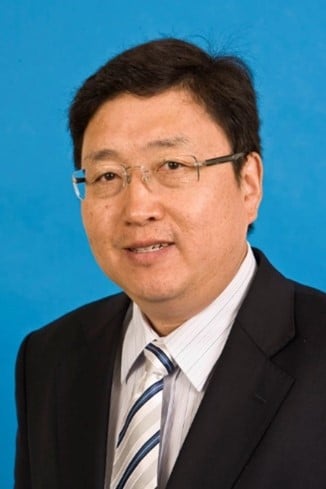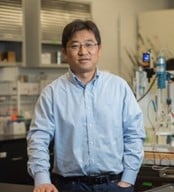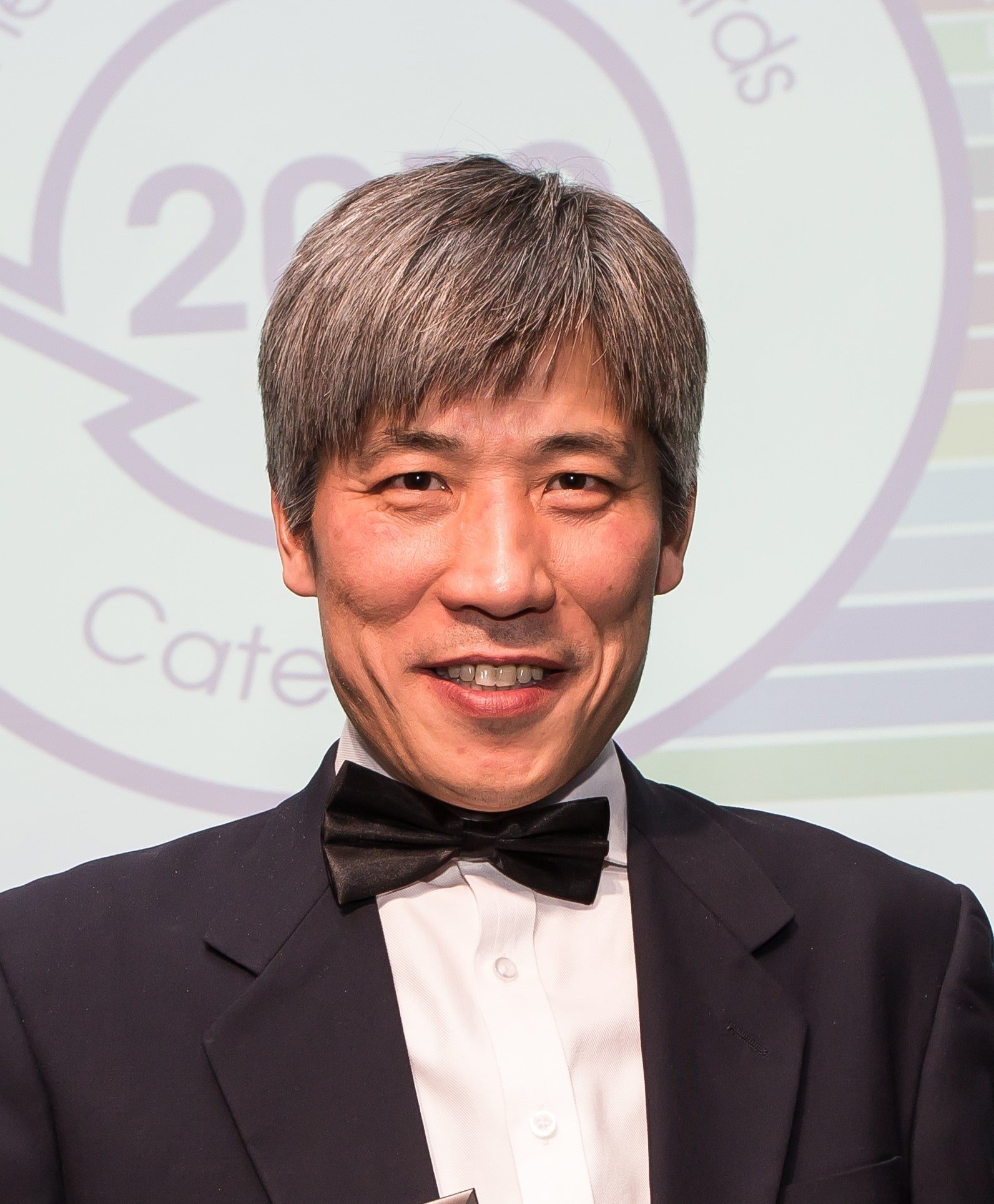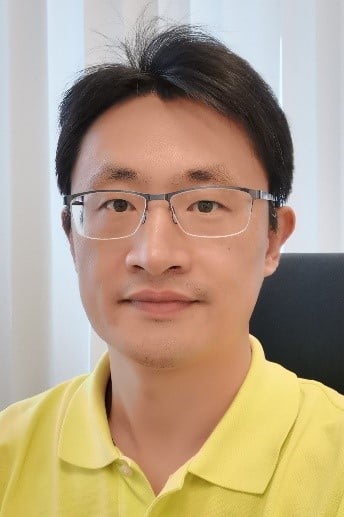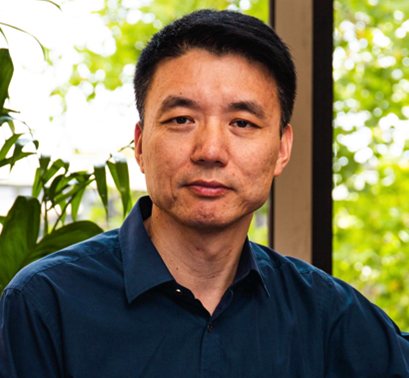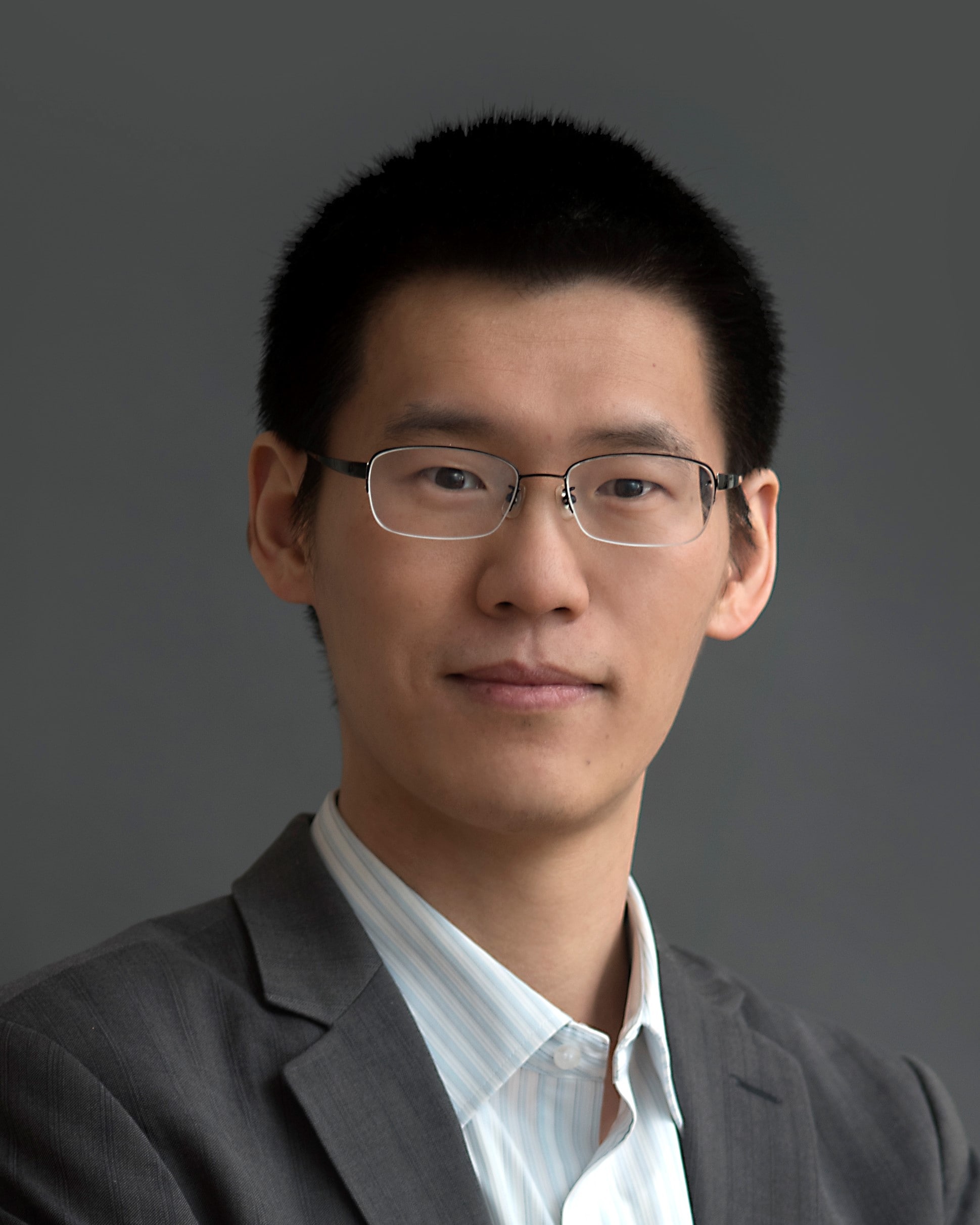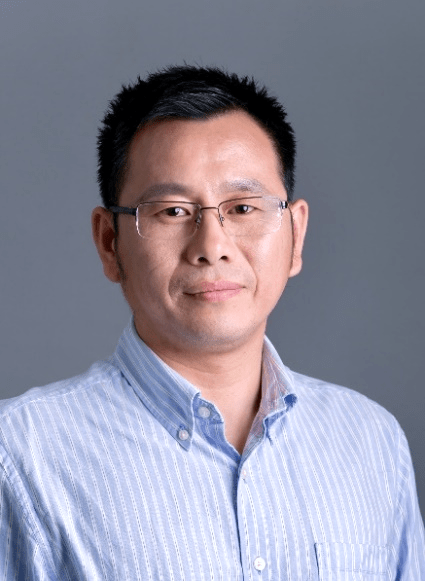Journal list menu

Hear from influential established and top young researchers in eco-materials from around the world in this dedicated series of webinars, recorded for your convenience so you can watch at a time that suits you. EcoMat is a new open access journal focusing on cutting-edge advanced materials for green energy and environmental.
“Wetting of Auxetic Metamaterials”
4pm on Oct 25, Wednesday (China Standard Time)/ 9am on Oct 25, Wednesday (London Time)
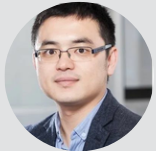 |
MODERATOR Prof. Bin Xu, University of Northumbria at Newcastle |
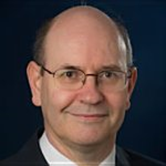 |
SPEAKER Prof. Glen McHale, University of Edinburgh Professor of Interfacial Science & Engineering and Director of Chemical Engineering at the University of Edinburgh and is a member of the Institute for Multiscale Thermofluids. His research focuses on how liquids interact with surfaces - whether it is at the small scale of microfluidics or the large scale of flow across surfaces. This encompasses droplet-surface interactions and nature-inspired surface engineering. |

Nanomaterials for Water Harvesting
Session in Mar 2023
9am on Mar 16, Thursday (China Standard Time)/ 6pm on Mar 15, Wednesday (LA Time)
Watch the recording here
"Perovskite Materials for Photovoltaic and Optoelectronic Applications!"
9am GMT+8 on Jan 11, Wednesday (China Standard Time)/ 8pm ET on Jan 10, Wednesday (US Time)
Watch the recording here.
SPEAKERS
 |
MODERATOR Prof. Jingjing Xue, Zhejiang University, China |
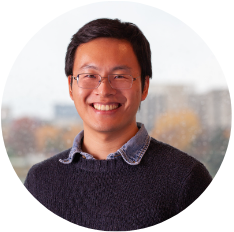 |
Prof. Bin Chen, Northwestern University, USA Tuning the interface of perovskite semiconductors Perovskite photovoltaics have made exceptional strides in the past decade. The power conversion efficiency of the best lab perovskite cell is now over 25%, a figure that took silicon cells more than 40 years to achieve. Nobel laureate Herbert Kroemer said, “the interface is the device”. Understanding and controlling of interfaces in perovskite solar cells lie at the heart of their rapid efficiency progress. In this talk, I will focus on interface engineering in perovskite solar cells (e.g. energy alignment, doping and carrier dynamics), including the construction of heterostructures of multi-dimensional perovskites. I will discuss the synthesis of 2D perovskites atop of 3D bulk perovskite for surface passivation. The precise control over the dimensionality of these quantum-confined 2D thin layers enables us to achieve efficient carrier transport across the interface while maintaining desirable trap passivation. I will also discuss the effects of surface modifications on carrier recombination dynamics at interfaces between perovskite and carrier transport layers. The ability to tune interface conditions will be even more critical as we move towards multi-junction device architecture in pursuit of higher efficiency. |
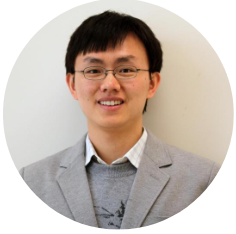 |
Prof. Sheng Xu, UCSD, USA
Controlled epitaxial growth and fabrication of flexible hybrid halide perovskites Organic–inorganic halide perovskites have demonstrated tremendous potential for next-generation electronic and optoelectronic devices due to their remarkable carrier dynamics. Current studies are mostly focused on polycrystals, since controlled growth of high-quality single crystals is challenging. In this presentation, I will discuss strategies that enabled the first chemical epitaxial growth of single-crystal hybrid halide perovskites. Using advanced microfabrication, homo-/hetero-epitaxy, and a low-temperature solution method, single crystals can be grown with controlled locations, morphologies, orientations, and strain levels. By a lifting off approach, single-crystal thin films can be transferred from the epitaxial substrate to a general flexible substrate. Extending this strategy to low-dimensional perovskites yields nanostructured superlattices, based on which a solar cell with an open-circuit voltage exceeding the Shockley-Queisser limit is demonstrated. This approach opens up broad opportunities for hybrid halide perovskite materials based flexible high-performance electronic and optoelectronic devices. |

“Gel Electrolytes for Flexible Energy Harvesting and Storage Devices!” Sep 20, 10:00 a.m. – 11:30 a.m. (Beijing/HK time). Speakers: Prof. Peiyi Wu (Donghua University, China), Prof. Chunyi Zhi (CityU, HK). Host: Prof. Ximin He (UCLA, USA).
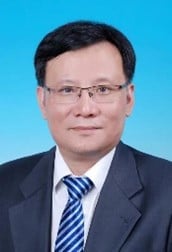 |
Topic: The molecular interaction regulation in advanced batteries Speaker: Peiyi Wu Peiyi Wu is currently a professor and serves as the Dean of the College of Chemistry and Chemical Engineering, Donghua University. He received his B.S. degree from Department of Chemistry, Nanjing University (1985), and his Ph.D. degree in physical chemistry from University of Gesamthochschule Essen (Germany) under the supervision of Prof. Heinz W. Siesler (1998). After working as a research fellow at Nippon Shokubai (Japan), he joined Fudan University in 2000 and Donghua University in 2017. He was supported by “Qimingxing” Project of Shanghai Municipal Science and Technology Commission (2001), “Shuguang” Project of the Shanghai Municipal Education Commission (2001), “National Science Fund for Distinguished Young Scholars” (2004, China), “Program for New Century Excellent Talents in University” (2005, China) and selected as Shanghai Outstanding Academic Leaders (2007). In 2016, he becomes the Fellow of the Royal Society of Chemistry (FRSC). In the past two decades, he has published over 200 articles and been cited about 17000 times. His research interests focus on smart and bio-inspired materials. He is devoted to exploring intra/inter-molecular microdynamics of protein-mimicking systems using two-dimensional correlation spectroscopy, accordingly designing supramolecular structures with unique stimuli-responsive behaviors and tailored mechanical properties, fabricating multifunctional materials to imitate biological intelligence, and exploiting such materials for potential artificial intelligence, soft robotics and smart wearable applications. |
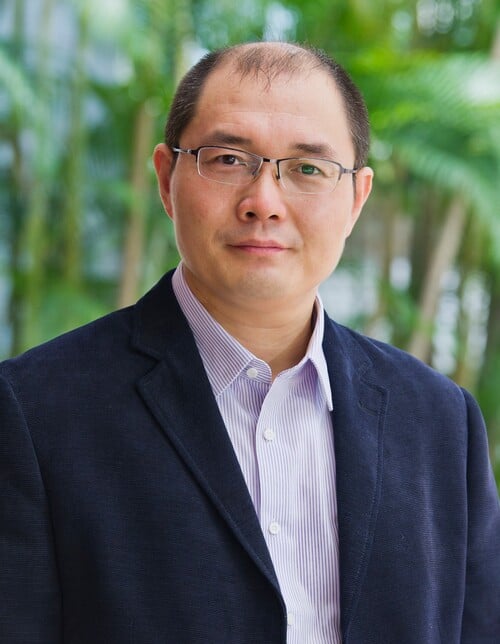 |
Topic: Stable Zn anode of Zinc Batteries? Speaker: Chunyi Zhi Chunyi ZHI obtained B.S. degree in Physics from Shandong University and Ph.D. degree in condensed matter physics from Institute of Physics, Chinese Academy of Sciences. After two years’ postdoc at National Institute for Materials Science (NIMS) in Japan, he was promoted to be ICYS researcher, researcher and senior researcher (permanent position) in NIMS. Dr. Zhi is now a professor in MSE, CityU. Dr. Zhi has extensive experiences in flexible energy storage, aqueous electrolyte batteries, and zinc ion batteries. He has published more than 400 papers with an H-index of 108 and citations of 40000. He has been granted more than 80 patents. Dr. Zhi is a recipient of the outstand research award and President Award of CityU, NML Researcher award, and Beijing Science and Technology Award (first class). He is Clarivate Analytics Global highly cited researcher (2019-2021, Materials Science), RSC fellow and member of The Hong Kong Young Academy of Sciences. |
Watch the recording here.
“Smart Textiles for Thermal Management!” July 28, 10:00AM-11:45AM (China Standard Time) / July 27, 7:00PM-8:45PM (Pacific Daylight Time). Speakers: Prof. Yi Cui (Stanford) & Prof. Guangming Tao (Huazhong University of Science and Technology). Host: Prof. Zijian Zheng (PolyU).
 |
Topic: Reinventing Textile for Personal Comfort and Energy Speaker: Yi Cui Yi Cui is the Director of Precourt Institute for Energy and the Fortinet Founders Professor in the Department of Materials Science and Engineering at Stanford University. He received B.S. in Chemistry in 1998 at the University of Science and Technology of China (USTC), Ph.D in 2002 at Harvard University. After that, he went on to work as a Miller Postdoctoral Fellow at University of California, Berkeley. In 2005 he became an Assistant Professor in the Department of Materials Science and Engineering at Stanford University and was promoted with tenure in 2010. He has published over 500 research papers and has an H-index of 236 (Google). In 2014, he was ranked NO.1 in Materials Science by Thomson Reuters as “The World’s Most Influential Scientific Minds”. He is an elected member of US National Academy of Sciences, Fellow of Materials Research Society, Electrochemical Society and Royal Society of Chemistry. He is an Executive Editor of Nano Letters. He is a Co-Director of the Bay Area Photovoltaics Consortium, a Co-Director of Battery 500 Consortium and Co-Director of Stanford StorageX Initiative. His selected awards include: Global Energy Prize (2021), DOE Lawrence Award (2021), MRS Medal (2020), Dan Maydan Prize in Nanoscience (2019), Nano Today Award (2019), Blavatnik National Laureate (2017), MRS Kavli Distinguished Lectureship in Nanoscience (2015), the Sloan Research Fellowship (2010), KAUST Investigator Award (2008), ONR Young Investigator Award (2008), Technology Review World Top Young Innovator Award (2004). He has founded six companies to commercialize technologies from his group: Amprius, 4C Air, EEnotech, EnerVenue, LifeLabs Design and EnnoPure. |
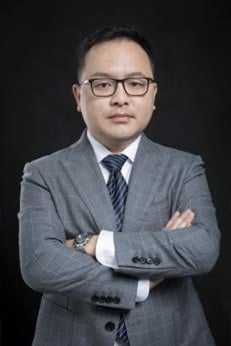 |
Topic: Metafabric for Passive Thermal Management |
Watch the webinar here
"Green Construction and Building Materials!" June 16 (Thu), 9-11am (BST) / 4-6pm (Beijing). Speakers: Prof. John L Provis (Sheffield) and Prof. Jian-Guo Dai (PolyU). Host: Prof. Zijian Zheng (PolyU).
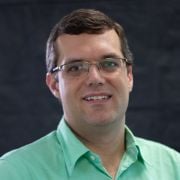 |
Topic: Innovative cements, durability, and sustainability - can we have all three of these? John Provis studied Chemical Engineering and Applied Mathematics at the University of Melbourne, Australia, and was awarded a PhD in Chemical Engineering by the same institution in 2006. He moved to the University of Sheffield in 2012 as Professor of Cement Materials Science and Engineering. He was awarded the 2013 RILEM Robert L’Hermite Medal "in recognition of his outstanding contribution to the research and development of geopolymers and other construction materials", and was awarded an honorary doctorate by Hasselt University, Belgium, in 2015 to recognise his leadership in the development of geopolymers and other novel cementitious materials. His research has been funded by the European Research Council as well as other EU sources, UK Research Councils, industry, and international funding bodies. He is an invited TAC Expert of RILEM, a Voting Member of committees of BSI, ASTM and ACI, Editor-in-Chief of the RILEM flagship journal Materials and Structures, Deputy Editor-in-Chief of RILEM Technical Letters, Associate Editor of Cement and Concrete Research, and Speciality Chief Editor for the Structural Materials section of Frontiers in Materials. Prof. Provis has also been appointed as a Visiting Professor at Luleå University of Technology, Sweden, in the Building Materials division. |
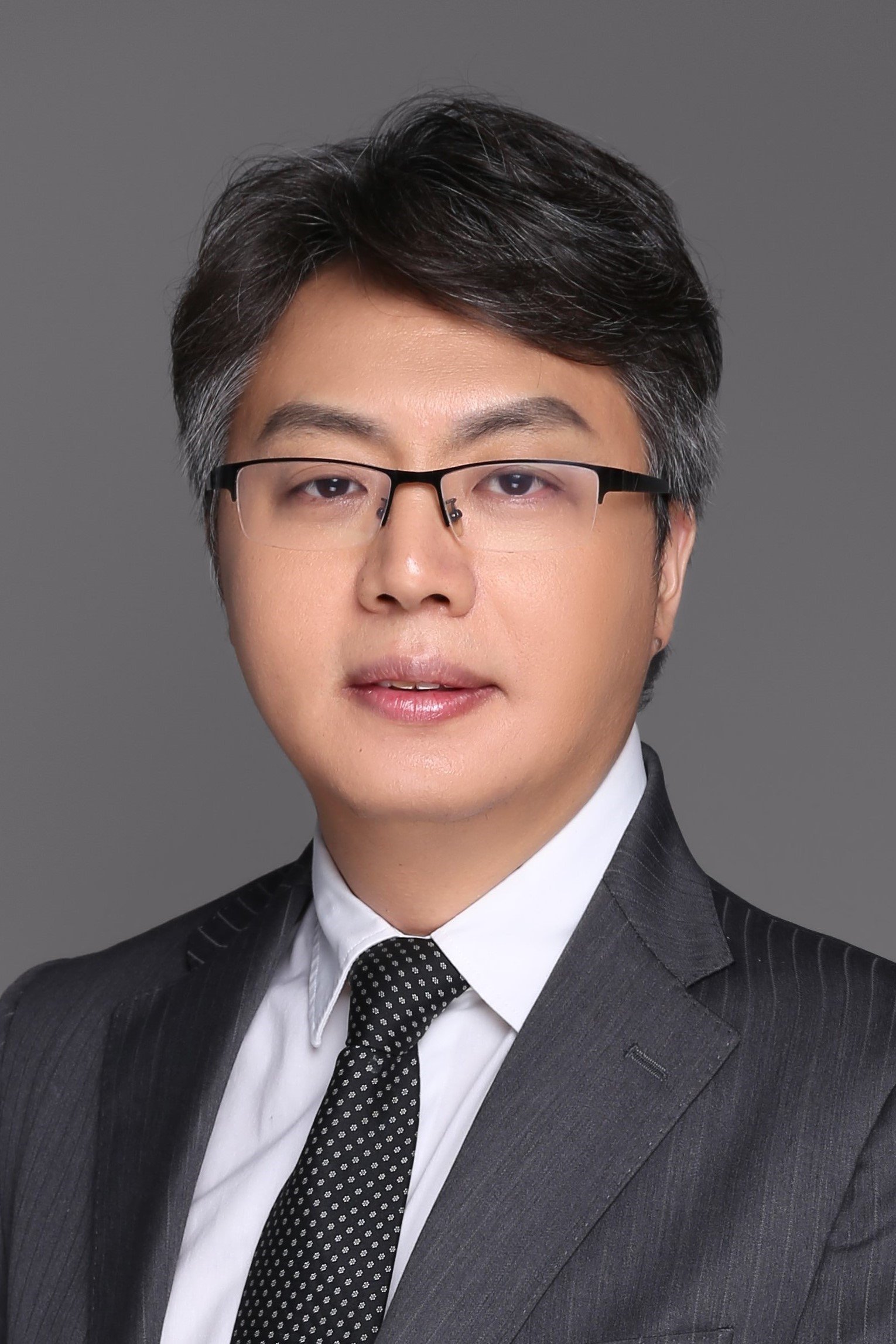 |
Topic: Geopolymer-based Sub-ambient Daytime Radiative Cooling Coating Ir Prof Jian-Guo Dai graduated with his PhD degree in social infrastructure engineering from Hokkaido University, Japan. His research theme is “Emerging materials and structural systems for sustainable concrete infrastructures”. He has received many awards for his research work, including the “Best Basic Research Paper Award” from American Society of Civil Engineers, Journal of Composites for Construction, “Distinguished Young Scholar of FRP Application Committee of Chinese Society of Civil Engineers”, “International Outstanding Collaboration Award” from Japan Society of Civil Engineers, and “Structural Excellence Award-Grand Award” from Hong Kong Institution of Engineers. Prof Dai’s research on eco-friendly sub-ambient cooling coating was widely reported by public media like “Ta Kung Pao” and “Hong Kong Economic Journal” in 2020. Prof Dai was in the “World’s Top 2% Scientist-Stanford University Releases List (2020 and 2021)” in “Civil Engineering” and “Materials Science and Engineering” disciplines, in which Prof. Dai has published more than 300 technical papers (including some 170 SCI journal papers). |

“Efficient electrocatalysts for sustainable energy!” May 18 (Wed), 9-11 AM (China Standard Time) / May 18 (Wed), 11-1 PM (Australian Central Standard Time) / May 17 (Tue), 9-11 PM (Eastern Daylight Time). Prof Shi-zhang Qiang (The University of Adelaide) and Prof Gang Wu (SUNY Buffalo) will be the speakers.
Watch the webinar here.

"Photocatalytic Conversion of Greenhouse Gases"! April 20 (Wed) 3:30 – 5:30PM (China Standard Time)/April 20, 8:30AM-10:30AM (British Summer Time). Prof Liqiang Jing (HU) and Prof Junwang Tang (UCL) will be the speakers.
Watch the recording here.

“Fuel Cells and Water Electrolysers”! 30 Mar (Wed) 2:00 – 3:30 pm (GMT+8). Prof. Minhua Shao (HKUST) and Prof. Chuan Zhao (USNW) will be the speakers.
Watch the recording here.

"Extreme mechanics of flexible and wearable batteries"! 23 Feb (Wed) 9:00-10:30 am (GMT+8) / 22 Feb (Tue) 8:00-9:30 pm (EST). Prof Yuan Yang (Columbia University) and Prof Huisheng Peng (Fudan University) will be the speakers. Moderator: Prof Zijian Zheng, EiC of EcoMat
Watch the webinar here.
We would really appreciate your feedback on the EcoMat Webinar series.
Please take a few minutes to fill out the survey.





